
The Global Food Security programme’s Sian Williams decided to cut all meat and animal products from her diet to see how difficult it would be to eat more sustainably.
Never one to shy away from an experiment, I took on the challenge of changing my previously omnivorous diet to become vegan for a month, hoping to better understand what challenges this might bring.
With the global food system as a whole currently responsible for around 30% of total anthropogenic GHG emissions, it is clear that the agri-food sector must adapt in order to meet the Paris Agreement. Especially given estimates that food-related emissions could account for the entire carbon budget for a 1.5°C temperature rise by 2050.
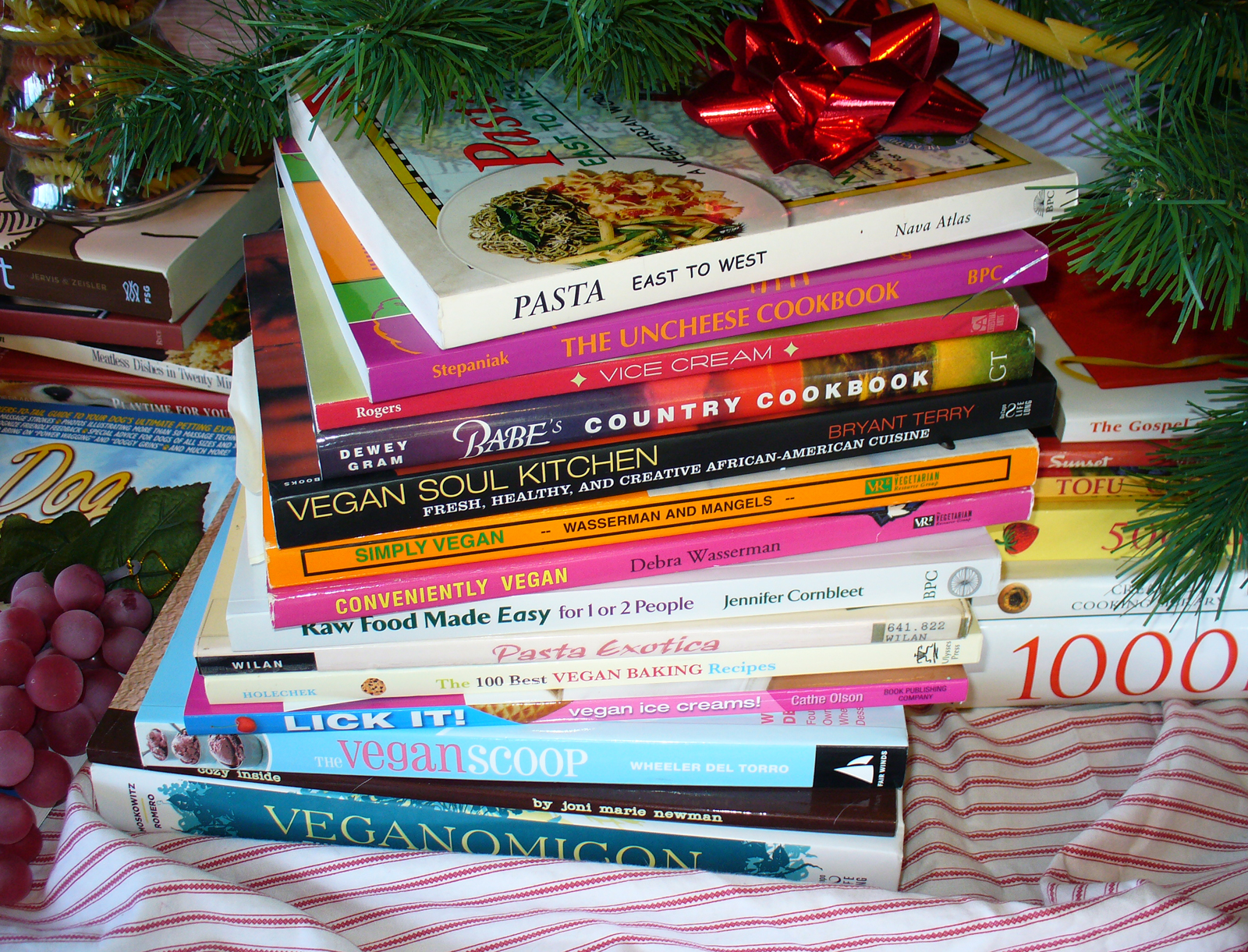
A number of studies have explored the relative environmental footprints of different diets and show that the greatest environmental impacts come from meat and other animal products.
This has led some to recommend a more plant-based diet with reduction in the consumption of animal products. As well as lowering environmental impact, such dietary changes have also been shown to provide other benefits, potentially improving health and decreasing burden of non-communicable diseases. But how realistic would it be to expect consumers to follow these diets?
My vegan experience
Since joining the GFS programme, I‘ve started thinking far more seriously about the food I eat. While it’s very easy to bemoan the problems with our food culture – from large portion sizes, to fad diets, and junk foods that do our health no favours at all – it’s quite another thing to act against this culture and seriously shake up our diets; dietary behaviour is notoriously hard to influence.
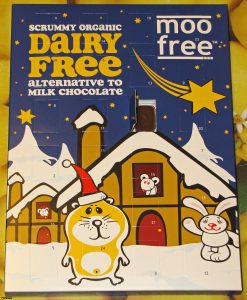
So when the suggestion of a vegan challenge came up, I was really keen to give it a go – with all the information on climate change and sustainable food I’ve recently been working with, I felt obliged to see if I could actually practice what I preach and eat in a more sustainable way. Of course, there are all sorts of reasons why people are vegan, but this was my starting point.
Honestly, I loved my month as a vegan. Though I must admit it wasn’t necessarily as significant a challenge for me as it may be for others. My 2016 new year’s resolution had been to try more of a ‘flexitarian’ diet [a plant-based diet with the occasional addition of meat], so I was only occasionally buying meat or dairy by the time my vegan month came around.
Due to this, my dash round the supermarket on the first day of the challenge didn’t look too dissimilar to any other shop, other than the loss of my favourite food – fish – and addition of soy-based yoghurt, a mass of dried fruit and nuts to quash the hunger pangs I expected (but that never materialised), and about twice my bodyweight in pulses and beans to boost my protein intake.
I began to see the benefits of my new diet very quickly. Whether a placebo effect or not, I felt much healthier, lighter and more energetic within the first week. Buying mainly vegetables and preparing the majority of my own meals saw my weekly food budget drop significantly, despite some of the branded ‘alternative’ products I switched to. And as a keen cook I had a great time testing out some new recipes, not all of which were successful, but at least eating was never boring!
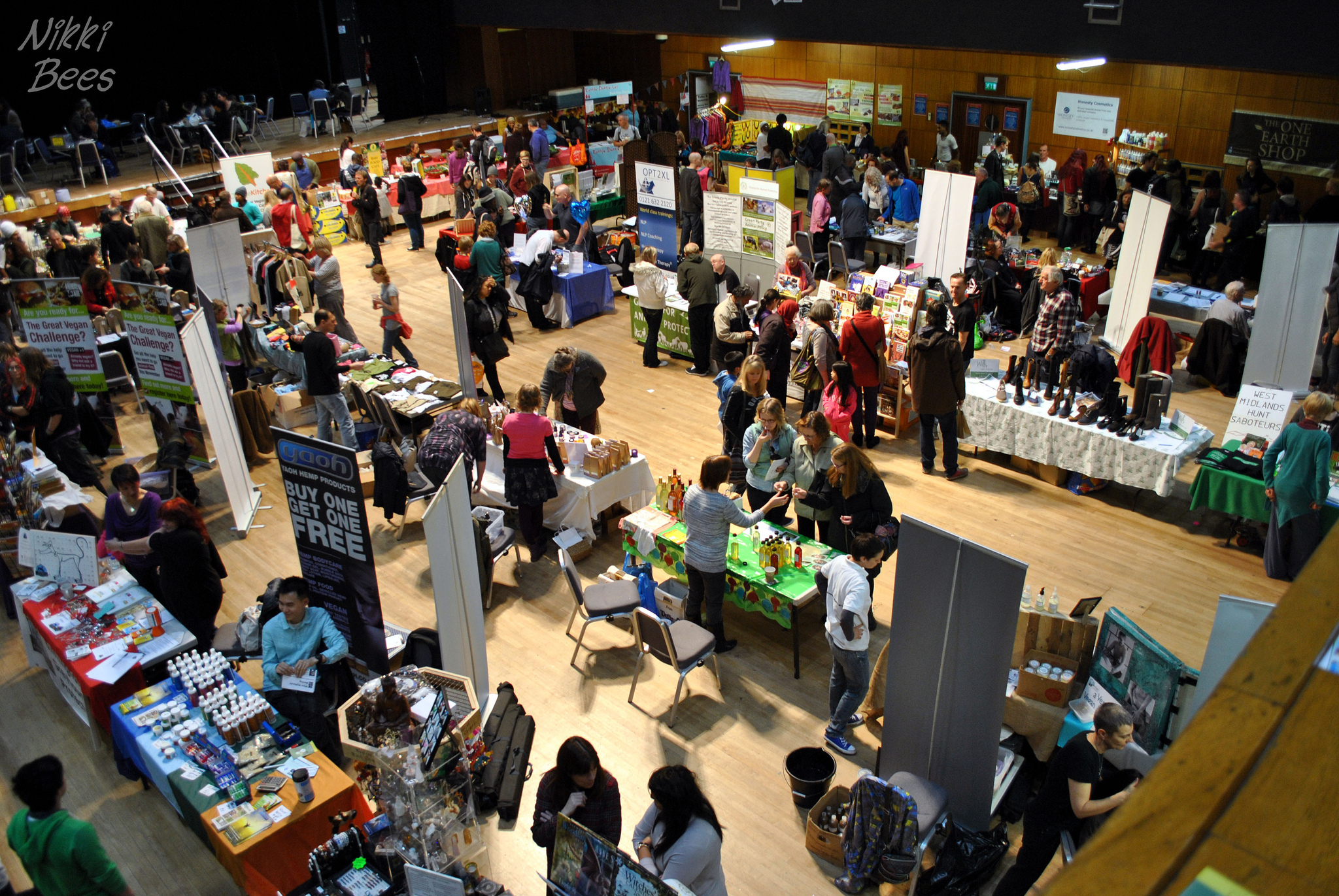
However, it is worth pointing out that other colleagues who also attempted going vegan had very different experiences to me. One in particular found her new diet very uninspiring, struggling to find both the recipes and time to cook vegan foods she actually enjoyed alongside the pressures of work and family life, and stopped when she began to feel physically worse-off. It is important to remember that a healthy and nutritious diet is highly dependent on our own individual needs.
But even for me it wasn’t all plain sailing. The hardest thing I found about being vegan, and currently the one thing stopping me from committing to this kind of eating long-term, is the social element of food. Eating out was invariably very tricky, only a sub-set of restaurants catering for vegans, with even fewer offering anything more than one or two options on the menu. Then there are all the other occasions where food means so much more than just nutrition – trips out for coffee with friends, the office birthday cake, family Sunday lunches – changing of any of these time-honoured social rituals being a very difficult thing indeed.
A new food culture?
That isn’t to say we can’t change. Just because food culture is the way it is, doesn’t mean that’s the way it should stay. With nearly 800 million people globally chronically undernourished, more than two billion suffering micronutrient deficiencies, and another 600 million obese, our food system isn’t delivering what it needs to. Clearly, if we are to successfully feed the growing population, all while honouring the Paris agreement and conserving planetary resources, something has to give.
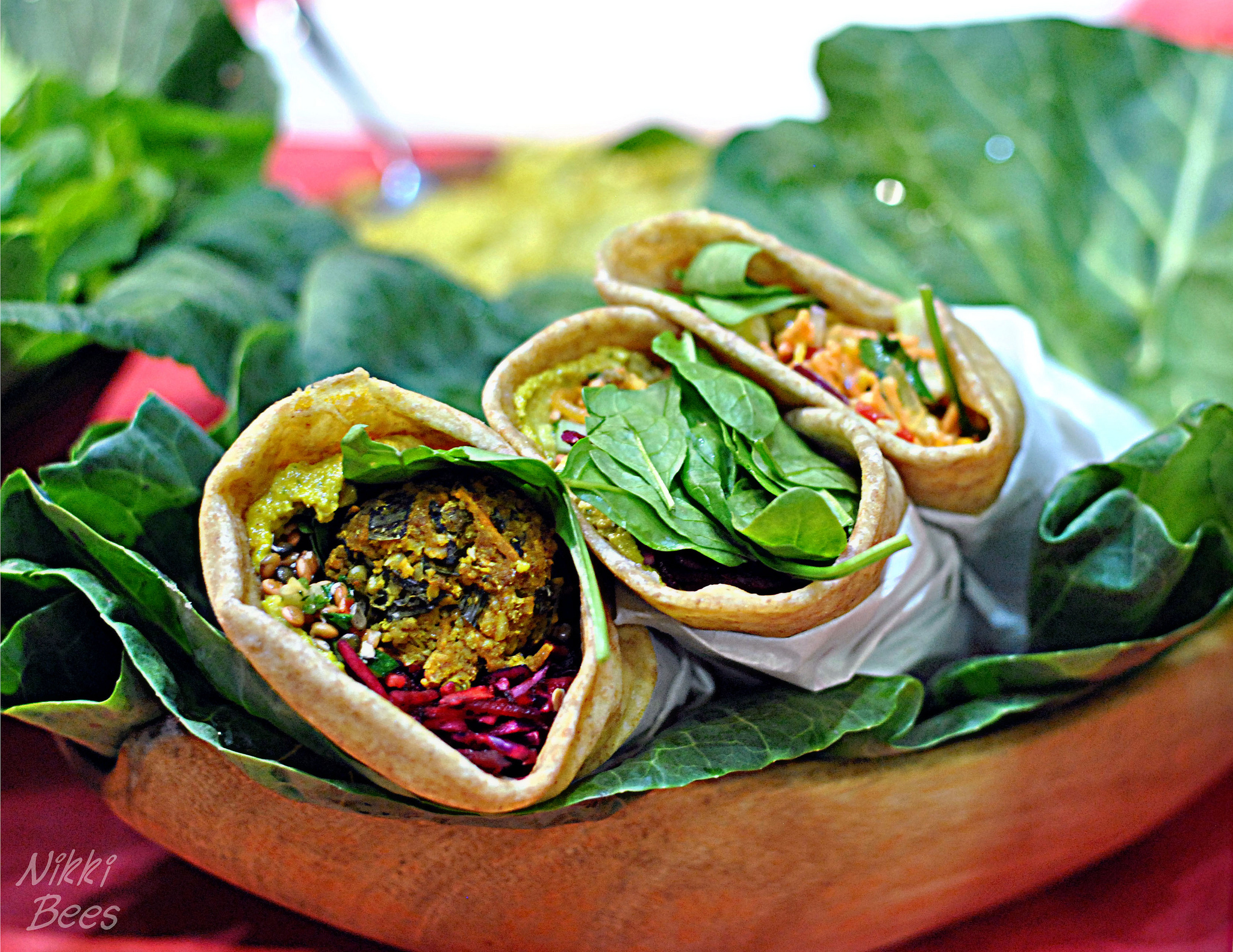
Then again, while food is necessary, it should still be enjoyed. Going vegan will not be an option for everyone, and it’s definitely a very difficult change to make in the context of modern food culture. But the options out there are growing, and honestly, the benefits can be great if you’re able to put in a little time and effort.
As someone pointed out to me when I told them about my challenge, isn’t it just a law of diminishing returns? And yes, of course it is. Big differences can still be made just by doing a little bit – maybe moderating your total calorie intake, increasing the proportion of low-impact pulses in your diet, or going meat-free for just one meal a week. These approaches won’t lead to an unrecognisable change in lifestyle, but they can add up to a huge change in the environmental impact of our food.
So if you’re still looking for an alternative Christmas food experience, or New Year’s resolution, why not give it a go for yourself. Like me, you might be surprised by what you could be eating this time next year!
Add your comment, and follow Sian Williams on Twitter.
About Sian Williams
Sian studied Plant Sciences at the University of Cambridge before taking a Masters in Science Communication at Imperial College London. Sian is currently Analyst and Review Writer for the Global Food Security programme.


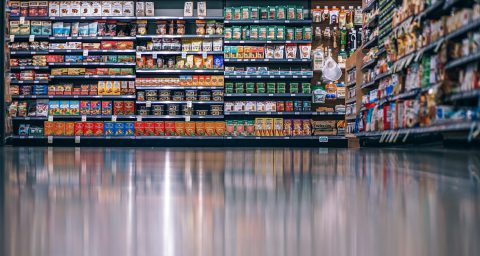
I find this a thoroughly informative and challenging article. Of particular interest was this:
“With nearly 800 million people globally chronically undernourished, more than two billion suffering micronutrient deficiencies, and another 600 million obese, our food system isn’t delivering what it needs to.”
There’s no doubt that we all have to make significant changes to our diet, and global footprint. It’s not as difficult as most people make out. We all make three choices every day about what we eat, and we can have an enormous impact on the environment and the problems it faces very easily and very quickly. But, to do so we have to make those choices and changes!
Hi Oliver,
Thanks very much for your comment – great to hear you enjoyed the blog!
As you say, dietary change could be a fairly easy and quick option to bringing about some positive change in the food system – primarily to sustainability and health.
In the end, it definitely isn’t always as tricky as we might expect. For me, a vegan diet was definitely easier to stick with following a number of gradual changes I’d made to my diet over the last year. So I’m convinced the best place to start is with small changes.
However, there are definitely barriers to dietary change which are not always up to the individual. Food choice is also influenced by the physical, economic and socio-cultural context in which we live – also known as our ‘food environment’. If appropriate changes could be made to this environment, we could further ease he move towards positive dietary change.
If you’d like to read more on this topic, it features strongly in a previous blog of mine detailing the last issue of the GFS Insight on ‘Overconsumption and influences on diet’, found here:
http://www.foodsecurity.ac.uk/blog/2016/08/eyeing-up-intake-an-insight-on-overconsumption-and-diet/
Best,
Sian
Hi Sian
thanks for this great and thought provoking article. Very well balanced!
cheers and Happy Christmas,
Pete
I understand that, Sian. Like all things political there is no easy fix, multiple issues and emotions to deal with. The default position (partly due to short-term 5-year parliamentary cycles) is “how little” can we do to avoid upsets/anger etc, but the longer-term gives unpleasant payback. This is what I seek to get policy wonks and politicians to understand. With farmers it can feel like a personal attack, but they need to come to realise that change is vital.
Matthew Naylor nailed it in a Farmers Weekly article – surprised they let him write it!
C:\Users\Oliver\Pictures\Health & options\Bad_habits_&_costs_to_UK.png
Lets keep the pressure on for reform – its too important to ignore
I’m pescatarian and hoping to be vegan soon!! But every time I talk to meat eaters they come up with the excuse that we need animals to graze the land so that we don’t get submerged in a jungle of weeds!! Or that pesticides used on vegetables contaminate and the last argument that we were meant to eat meat. But I think if we have a choice of being able to eat a balanced diet without eating meat or dairy, why shouldn’t we??
Hi Sian,
I really enjoyed reading your article, partly because this is a topic that really interests me, but also because I work in a research environment that studies food related matters. Most significantly however, I am a vegan!
If you think it would be of interest, I would be very happy to follow up your article from the perspective of a longer term vegan? Please feel free to contact me using the email address provided.
Thanks for giving the vegan challenge a go!
Best wishes,
Holly
Thanks all for the comments – great to hear views from vegans and non-vegans alike!
I think Oliver’s point about the need to strengthen long-term thinking among policy-makers is certainly true. The job of balancing the needs of both producers and consumers will be difficult, but as you say, change is vital.
Another point Oliver makes which I found very interesting is how to some people this kind of change feels like a ‘personal attack’. Food is definitely a very personal thing so understandable that any change to diets, especially any that will impact in some way the livelihoods of those in the industry, can be met with negative responses.
Natalie, sounds as though you have experienced responses like this! As I say, definitely understandable – and as far as I know, there is some truth in the idea that meat can be thought of as more ‘sustainable’ when produced from types of land that are unsuitable for growing crops, however a great deal of meat is produced from land that would be viable for producing other more efficient foods – but as you say, your diet is your choice. If you have healthy lifestyle with a vegan diet then great. I found this report from WRI really useful when explaining to people how a vegan diet could still be balanced a nutritious – page 3 showing current daily protein intake from plant and animal sources is especially interesting! http://www.wri.org/sites/default/files/Shifting_Diets_for_a_Sustainable_Food_Future_0.pdf
Best,
Sian
Brilliant article on your experiences of going vegan Sian. Not going vegan myself but definitely reducing my meat intake and increasing my intake of other options.
The figures you provide about the number of people undernourished, nutrient deficient and obese are truly shocking. I think it’s been clear for a while that something needs to be done about the global food situation given the estimates of world population expected to hit 9billion people by 2050. However I am concerned that we’re trying to find too simple an answer to be a very complex, multi-variable problem.
I think that there’s a perception of vegans, and healthy eating advocates in general, being “holier than thou” when they tell people that reducing meat consumption is a good thing. Plus there’s a lot of myth surrounding such actions, not helped by dodgy dieting fads.
Which leads raises the issue of there being so much information out there that many people probably give up trying to change through information overload. With so many diets and ways of eating being promoted by “health gurus”, (particularly prevalent at this time of year) it’s hard to discern the good from the bad fad.
A second issue I see is that in government there’s often such conflict of interest both between and within parties that any policies, incentives for change, and proposals tend to get watered down to the point that they sound good but really offer little significant change.
Given this I think we need far better education and awareness regarding food, healthy eating, sustainability etc. for the general public. This for me is the best starting option. The more the public that become aware of this issue and solutions the more likely change will be made in government.
This is why organisations like GFS are needed. Keep up the great work you’re doing.
Hi Peter,
Glad you enjoyed the blog and thanks for commenting!
Definitely agree food presents us with some very complex issues, and I’m by no means saying they can all be fixed by changing the composition of our diets. However, the bright side of complex problems in multi-variable systems is that they present so many different avenues to find solutions. Some of these could indeed be simple, but they will likely be needed in combination with other solutions to have the necessary impact.
You also make a great point about awareness – all the conflicting information out there does make it very difficult to know what we should be eating. I definitely struggle, and I feel relatively well informed! While there has been research to show that nutritional knowledge does not necessarily translate into behaviour (e.g – we all know 5 a day, but a relatively small proportion of people do it, see paper here: http://onlinelibrary.wiley.com/doi/10.1046/j.1440-6047.11.supp3.7.x/abstract ), I do think there is something to be said for getting the link between food and climate change in the mainstream, leading to the possibility of these ideas integrating into food culture. Only then can we expect any policy in this space to gain acceptance.
Best,
Sian
Great article Sian – and a well worthy experiment.
I dabbled with veganism in my early twenties and have to say found it no big issue to cut out milk and dairy – as I was already a veggie.
Now in my late 40s I find I no longer have much appetite for meat, but cooking for kids makes a veggie only diet a bit tricky as they love their meat.
But I find myself eating less and less flesh – sometimes skipping it all together.
Truth is, it’s not as versatile as people think and unless you pay for meat that’s been ethically produced, doesn’t even taste that good.
Thanks for your comment Henry, really interesting to hear about your experience – definitely see lots of parallels with my own!
Family dinners still are the trickiest part for me. Now I’m not enforcing my veganism/vegetarianism, it is just easier to join in with everyone else. Though I have introduced them to a few of my favourite veggie recipes, and we usually compromise on fish.
A few months down the line, I’ve also found that meat doesn’t seem to taste that great any more, to a degree that I still don’t eat it and don’t really miss it. An interesting side-effect of my experiment!
Best,
Sian